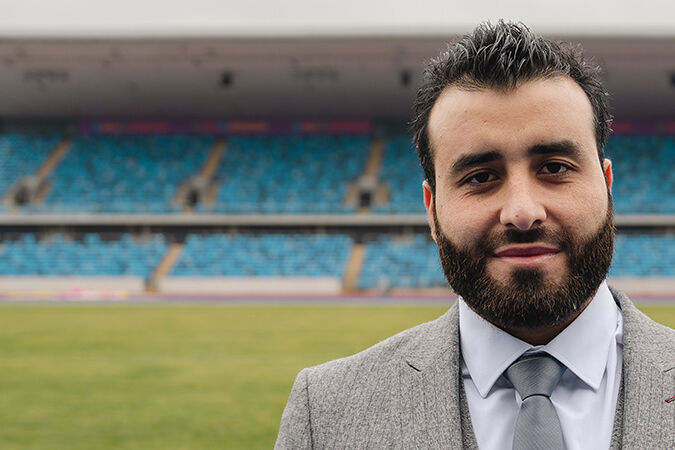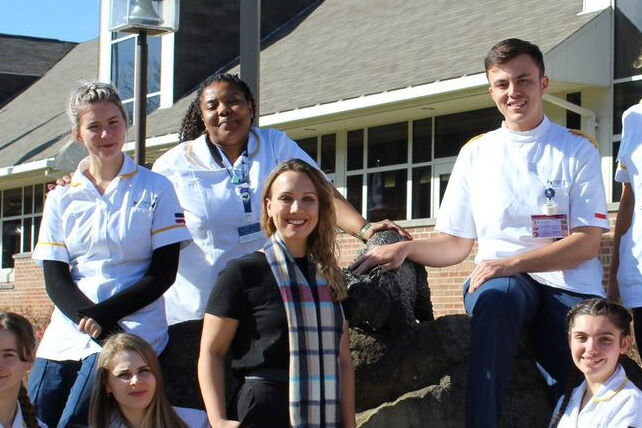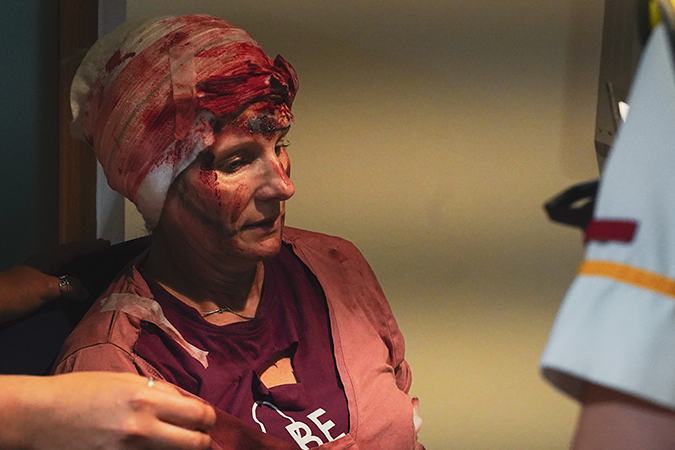
Blog

As with all courses, there are common misconceptions when Speech and Language Therapy comes to mind. These 7 points will not only clear those misconceptions but also inform or possibly surprise you with what you may find!
1. SLTs treat more than just Lisps
Speech and Language Therapists (SLTs) actually diagnose and treat a wide range of communication disorders in a diverse range of people. These include speech, language, fluency and voice. But that’s not all. SLTs also provide treatment, support and care for both children and adults that find it difficult to eat, drink and swallow.
2. Work settings are endless!
How common is it that people hit a dead end with their careers? Perhaps go back and do another degree? SLTs have the advantage of being able to stay within their field, yet work in a completely different setting. They can go from early intervention to rehabilitation center’s, or schools to prisons. The variety available is great!
3. They’re always learning on the go
Research in the field of Speech and Language Therapy is constantly evolving. New and better interventions on tackling communication disorders are being discovered frequently. SLTs have to keep reading up on current best practices, attend conferences and learn new treatment methods. They are always keeping up to date on the next best thing.

4. They work with all ages and different needs
Within the field of Speech and Language Therapy, there are practically no limits with anything! Even with who you want to support. SLTs can be faced with adults that have been able to communicate perfectly their entire life, however, after suffering health complications such as a stroke, communication can become impaired. Or they might be supporting a child to be able to say “rabbit” instead of “wabbit!” Each achievement is celebrated.
5. For an SLT, ‘language’ isn’t just words
When SLTs refer to language, what they really mean is receptive and expressive language. Receptive language is the ability to remember and understand what has been said, also known as comprehension. Expressive language relates to verbally delivering information and this may be through sign language or gestures. SLTs support anyone with any communication difficulties at any point in their lives.
6. They support children/adults with social and problem solving issues
Not all SLT roles are to do with verbal issues. Social and problem solving skills can become a weakness for individuals that struggle with communication. Social skills are referred to as pragmatic language skills, these include asking and responding to information. Also, exercising cognitive skills to allow active thinking improves problem solving issues. An SLTs role in improving communication has a direct impact on improving self-confidence and peer relationships as a result of this.
7. SLTs change lives
Not an understatement. The work that Speech and Language Therapists do really provide life-changing treatment and support for those who have difficulties communicating. Essential everyday needs are met mostly through communication and if one struggles with this, then the basic things in life become almost impossible. Speech and Language Therapists are able to support people in bettering their communication, so life is not so much of a struggle.

Want to know more about becoming a Speech and Language Therapist?
You can study Speech and Language Therapy at BSc or MSc level, depending on your qualifications. Both routes allow you to become a registered health care professional. Find out more at our virtual open day on Sunday 22 November and attend the Allied Health Professions session.





